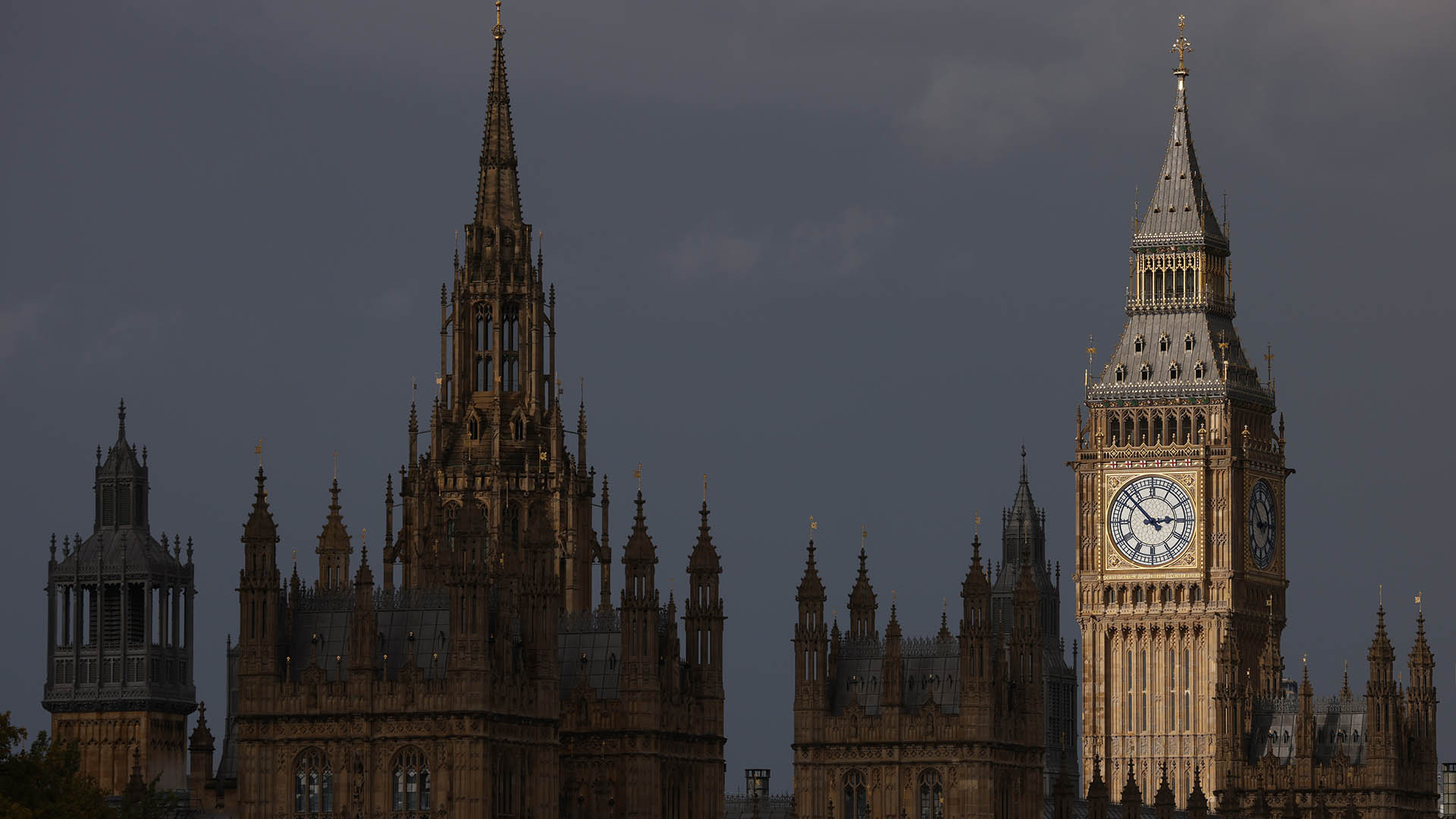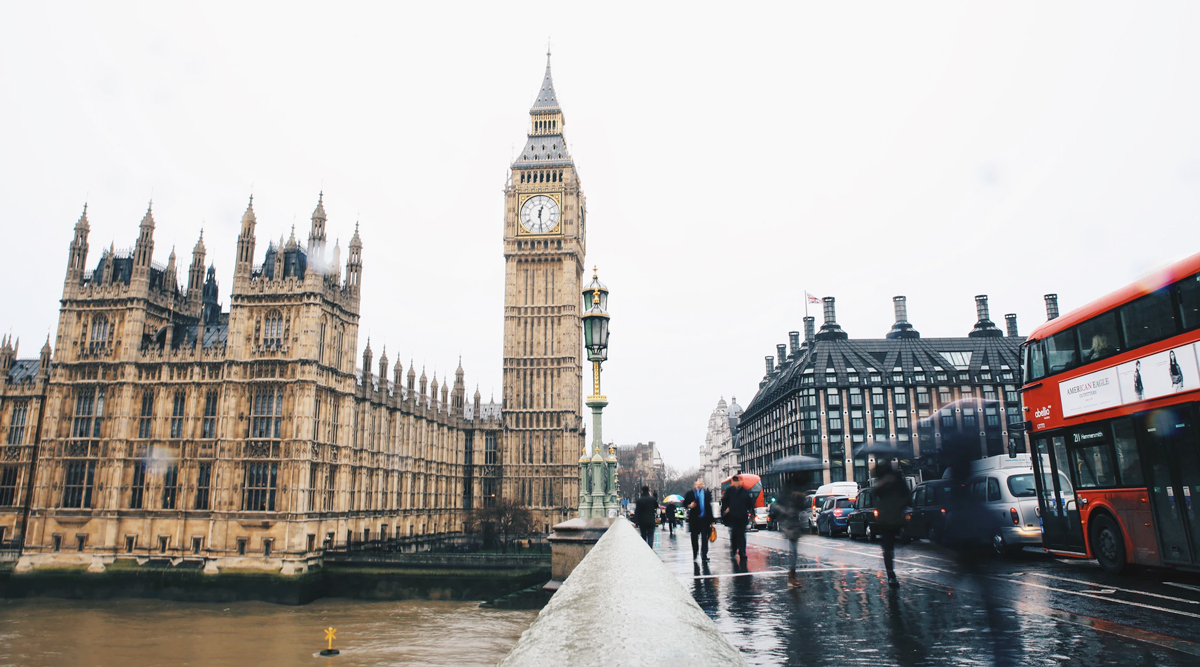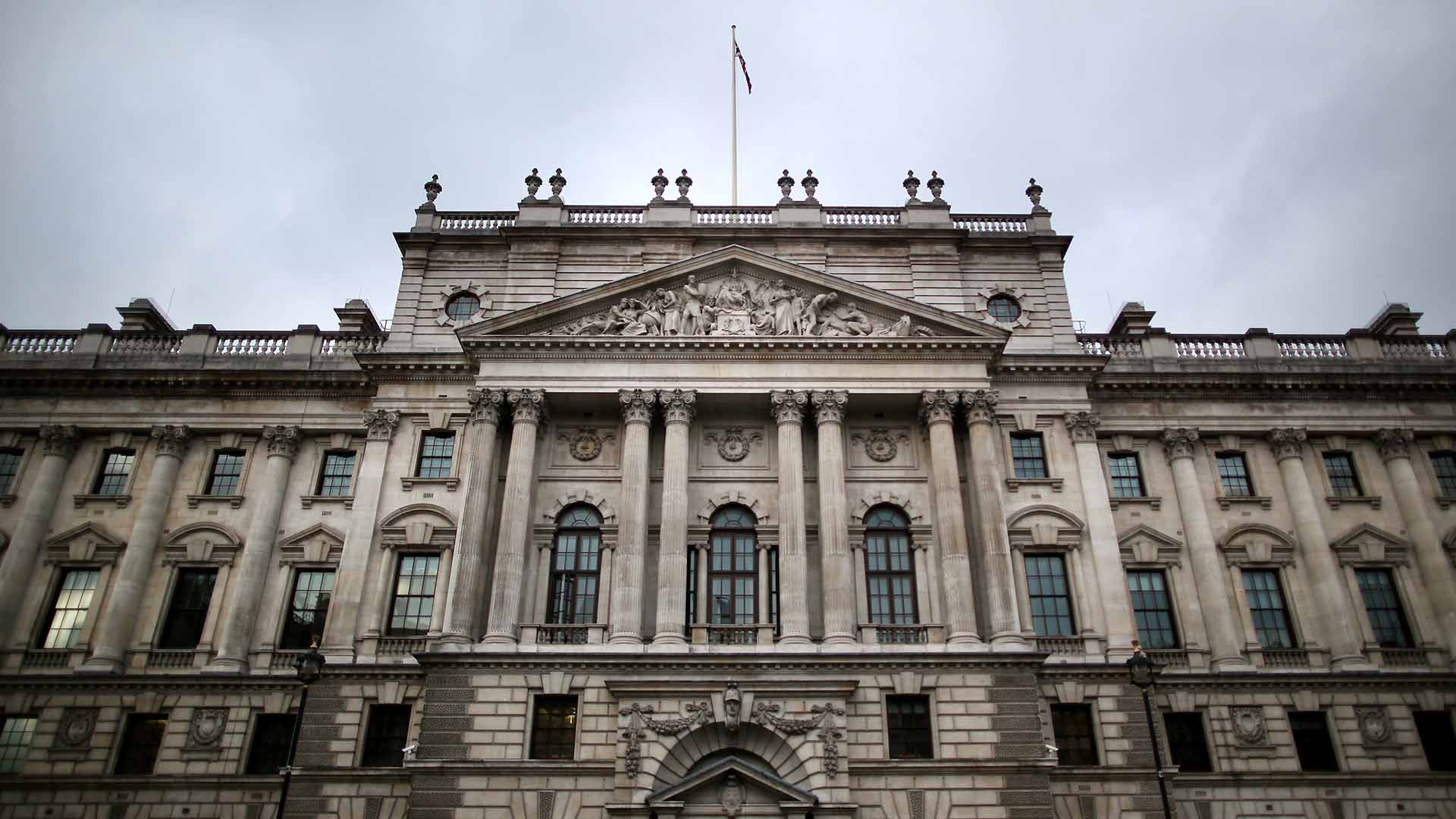U.K. elections remain at risk of interference from Russia and other hostile states after the government opposed a move to require political parties to verify and disclose the source of political donations, campaigners warn.
The Home Office said on June 22 that it would seek to remove a legislative proposal to impose up-to-date controls on political donations — checks long demanded by campaign finance reformers and now common for banks and other financial services providers.
After members of the House of Lords added the reform as an amendment to a national security bill, the Home Office said it would strike the change in the House of Commons, where the government holds a majority.
“U.K. electoral law provides robust controls to ensure only those with a legitimate interest in U.K. elections can make donations to political parties. Political donations from foreign powers are illegal,” a Home Office spokesperson told the ICIJ over email.
But Susan Hawley, executive director of Spotlight on Corruption, a U.K. policy advocacy group, said the British government’s move might leave the U.K.’s Western allies wondering about its reluctance to tackle the problem of dirty money in politics.
“The British government’s abject failure to take decisive action on this issue will no doubt have concerned the U.K.’s allies and like-minded nations. In particular, they might be worried that — despite claims that ‘Londongrad is over’ — the U.K. still isn’t taking sufficient steps to counter the threat from hostile states seeking to influence the political systems of Western nations,” Hawley told ICIJ.
Julian Lewis, the Conservative backbencher who heads the Intelligence and Security Committee in Parliament, said in a recent debate that the U.K. political class “has clearly welcomed Russian money” and “several members of the Russian elite with close links to Putin have been identified as being involved with political organisations in the U.K., including by making large donations to political parties.”
Enacting checks that could prevent such donations in the future “should not be controversial, and it is still not clear, despite the minister’s best efforts, why the government would wish to oppose that clause,” Lewis said, referring to Tom Tugendhat, the minister of state for security at the Home Office, who had indicated no reform was necessary. Lewis noted that under current U.K. campaign law, U.K.-registered shell companies with no operating profits are allowed to make large political donations without disclosing the ultimate source of funds.
He added that while companies, charities and other private entities receiving money must perform extra due diligence checks on the source, political parties face no such requirement “even when a donor is operating from a high-risk country listed in terrorism-financing or money-laundering legislation.”
“It is entirely appropriate for political parties to do more to determine the source of donations,” said Lewis. “We must protect against covert, foreign state-backed financial donations if we are to defend our democratic institutions from harmful interference and influence.”
We must protect against covert, foreign state-backed financial donations if we are to defend our democratic institutions from harmful interference and influence.
— Julian Lewis, Conservative MP who heads of the Intelligence and Security Committee
The government’s position in the face of this criticism has been that current rules are sufficient to prevent dirty money in politics.
The opposition Labour Party has said it would adopt the reforms if it takes power after elections expected to be held next year.
“We’ve seen numerous scandals with Tory donors linked to money-laundering investigations, Putin’s Russia and Hosni Mubarak’s authoritarian regime. This damages our politics and our international reputation,” Anneliese Dodds, who chairs the Labour Party, told ICIJ, referring to donations from former Egyptian minister Mohammed Mansour revealed in the latest public data from the U.K. Electoral Commission.
“The Conservatives need to explain why” they required their party members in parliament to vote against the reforms requiring source-of-funds checks on donations, she added.
“The government must finally close the loophole that allows foreign money to enter our democracy with individuals and companies able to hide the true source of donations,” said Dodds.
The government was defeated on this amendment in the House of Lords on June 21 but is expected to nix it at the next reading of the law in the House of Commons.
All major parties have contended with their share of donations scandals over the years: Labour notably accepted financing on multiple occasions from a person connected to the Chinese Communist Party such that the U.K.’s internal security service, MI-5, felt compelled to issue a public warning about the donations; the Liberal Democrats, for their part, took money from a donor who went on to be convicted of fraud in 2009, and then refused to return it for the benefit of his victims.
Yet, having been in government since 2010, the Conservatives stand out.
The ICIJ’s 2021 Pandora Papers project, based on a massive data leak from offshore services providers, exposed how the Tories accepted multiple donations made through convoluted transactions with connections to the Kremlin.
For instance, companies controlled by Lubov Chernukhin, the wife of a former Russian government minister, gave over one million pounds to the Conservatives since 2012, with one of her offshore entities taking loans from a firm belonging to her husband’s. A year before, the ICIJ and Buzzfeed’s FinCEN Files project showed that the Chernukins also took an $8 million loan from a Russian oligarch with Kremlin ties, Suleyman Kerimov, just before he was placed under U.S. sanctions.
In a statement to ICIJ, a spokesperson for Mrs Chernukhin said the couple have no connection to the regime of President Putin.
“Mr Chernukhin’s reasons for leaving Russia are well documented, where he was dismissed for his loyalty to Mikhail Kasyanov, a vocal critic of President Putin and opposition leader. Mrs Chernukhin has recently publicly condemned the Putin regime for the war in Ukraine,” the statement said.
It added: “As a British citizen, Mrs Chernukhin is entitled to make donations to U.K. political parties as she sees fit. Her donations to the Conservative Party have been declared in accordance with the rules of the Electoral Commission, and all of her donations derive from her own private wealth.”
Also in the Pandora Papers, U.K.-based businessman and Tory donor Mohammed Amersi was linked to a bribery scandal in Uzbekistan.
Separately, the New York Times and Private Eye magazine reported that some $600,000 originating in a Russian account had made its way to the Conservatives in 2019, giving rise to money-laundering concerns by Barclays bank, which flagged the transaction with authorities.
In May, a judge unsealed a ruling that found businessman and Conservative donor Javad Marandi was a key figure linked to a major money-laundering operation targeted by the U.K.’s National Crime Agency.
Last year both Labour and the Tories were shown to have taken donations from convicted fraudster Peter Virdee.
Speaking to the Observer newspaper in May, Jonathan Evans, the head of a parliamentary committee on ethical standards in public life and the former head of MI-5, said that “[the] U.K.’s current rules do not provide a sufficiently robust safeguard to protect our electoral system from the effects of foreign money.”







